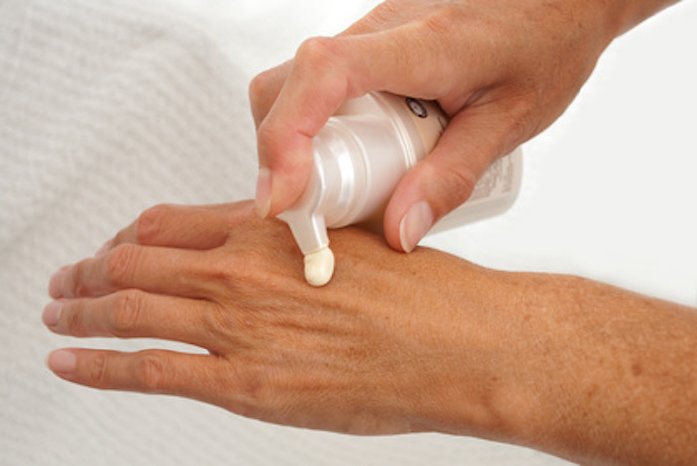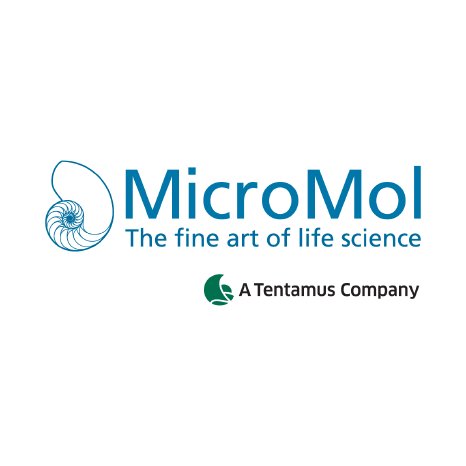In the case of cosmetics or their constituents, analyses must necessarily be carried out in vitro using alternative methods avoiding the animal as a model organism. Animal experiments provide important information about whether individual chemicals are toxic to humans, but these experiments are very harmful to the animals. Thus, animal experiments are legally limited in many countries. They are only acceptable if they are limited to what is indispensable.
The so-called “3R-concept” defines:
Replacement: Animal testing should be replaced with alternative methods.
Reduction: If replacement is not possible, the number of animals needed should be kept to a minimum.
Refinement: gaining as much information as possible from each animal experiment must reduce the suffering of the animals used.
Preferably cell culture methods may be used as alternatives to animal experiments.
MicroMol offers a broad platform of these alternative testing methods. The testing spectrum for the safety assessment of your products includes the following services:
In vitro skin corrosion and irritation
- OECD 431 in vitro Skin Corrosion Test
- OECD 439 in vitro Skin Irritation Test
- In vitro eye irritation
- OECD 460 Fluorescein Leakage Test
- In vitro sensitization
- OECD 442 d Human Cell Line Activation Assay – h-CLAT
- Mutagenicity and genotoxicity
- OECD 471 Ames test
- OECD 487 in vitro Micronucleus Test




